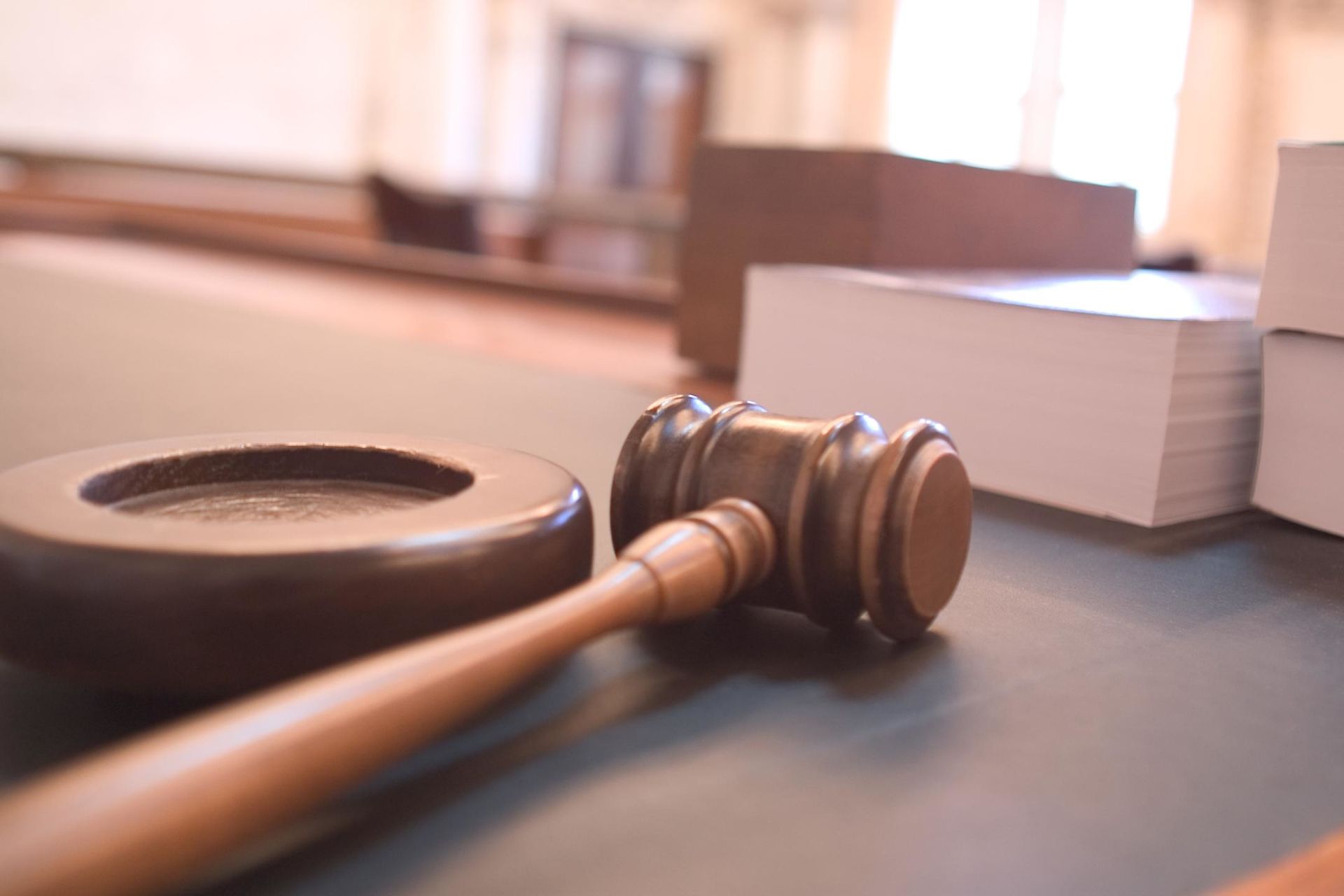Three of the nine justices on the Oklahoma Supreme Court and three of the five justices on the Oklahoma Court of Criminal Appeals are up for a retention election on November 5, 2024.
Oklahoma is one of two states with two courts of last resort. The Oklahoma Supreme Court is the court of last resort for civil matters, while the Oklahoma Court of Criminal Appeals is the court of last resort for criminal matters.
In Oklahoma, the Oklahoma Judicial Nominating Commission sends a list of three possible Supreme Court nominees to the governor, who then appoints a new justice from that list.
Oklahoma Council of Public Affairs' Ray Carter wrote, "In the last 30 years, Republican candidates have been elected Oklahoma governor in 75 percent of races. But nearly half of the members of the Oklahoma Supreme Court—four of nine justices—were appointed by Democratic governors."
Three of nine justices on the Oklahoma Supreme Court are up for retention election— James Edmondson, Noma D. Gurich, and Yvonne Kauger. Governor George Nigh (D) appointed Kauger to the court in 1984. Gov. Brad Henry (D) appointed Edmonson in 2003 and Gurich in 2011.
The Oklahoma Court of Criminal Appeals has three justices up for election- William J. Musseman, Scott Rowland, and David B. Lewis. Kevin Stitt (R) appointed Musseman in 2022, Mary Fallin (R) appointed Rowland in 2017, and Brad Henry (D) appointed Lewis in 2005. Four of the justices up for retention are among the last five appointed by Democrats.
An Oklahoma justice has never lost a retention election. If any justices are removed, an independent commission will choose three new judges from a pool of applicants. The governor will choose one to replace the vacant seat. Oklahoma Bar Association president Miles Pringles says the system "ensures the people have a voice – and further assures that those who enter Oklahoma’s appellate courtrooms can expect fairness and impartiality."
Bolts Magazine's Daniel Nichanian wrote supreme court races like this one "may potentially shift the outcome in high-stakes cases that are already in the legal pipeline." Some of the decisions the three justices have ruled on include:
- joining the 5-4 majority to strike down the state's ban on abortions in cases where the mother's life is threatened.
- joining the 6-2 majority against a religious charter school receiving public funds.
- joining the 9-0 majority in favor of the legislature over Gov. Kevin Stitt (R) on the governor's veto power on tribal matters.
- Kauger and Gurich joined the 8-1 majority against reparations for survivors of the Tulsa Race Massacre and Edmondson partially dissented.
The court's rulings have faced criticism. One group, People for Opportunity, has run ads critical of the justice's voting records. The group's website says they want to "take the appointments process for selecting justices and judges for our state’s highest courts out of the hands of unelected individuals and put it back closer to the hands of the voters." People for Opportunity representative Dave Bond said, "The Oklahoma Bar Association, big medical, and others have had an outsized influence on the Oklahoma Supreme Court...We don’t think that typically works in the favor of most Oklahoma citizens, or of our state economy, or for the ability of good, sustainable jobs to be created in our state." Former Chief Justice Joseph Watt defended the court's record and said, "I think they all ought to be retained because they are doing their job...They have years of appellate experience. They are entitled to be retained."
Oklahoma is one of 33 states holding state supreme court elections in 2024 and one of 16 holding retention supreme court elections. To read more about which states are holding supreme court elections in 2024, click here.



